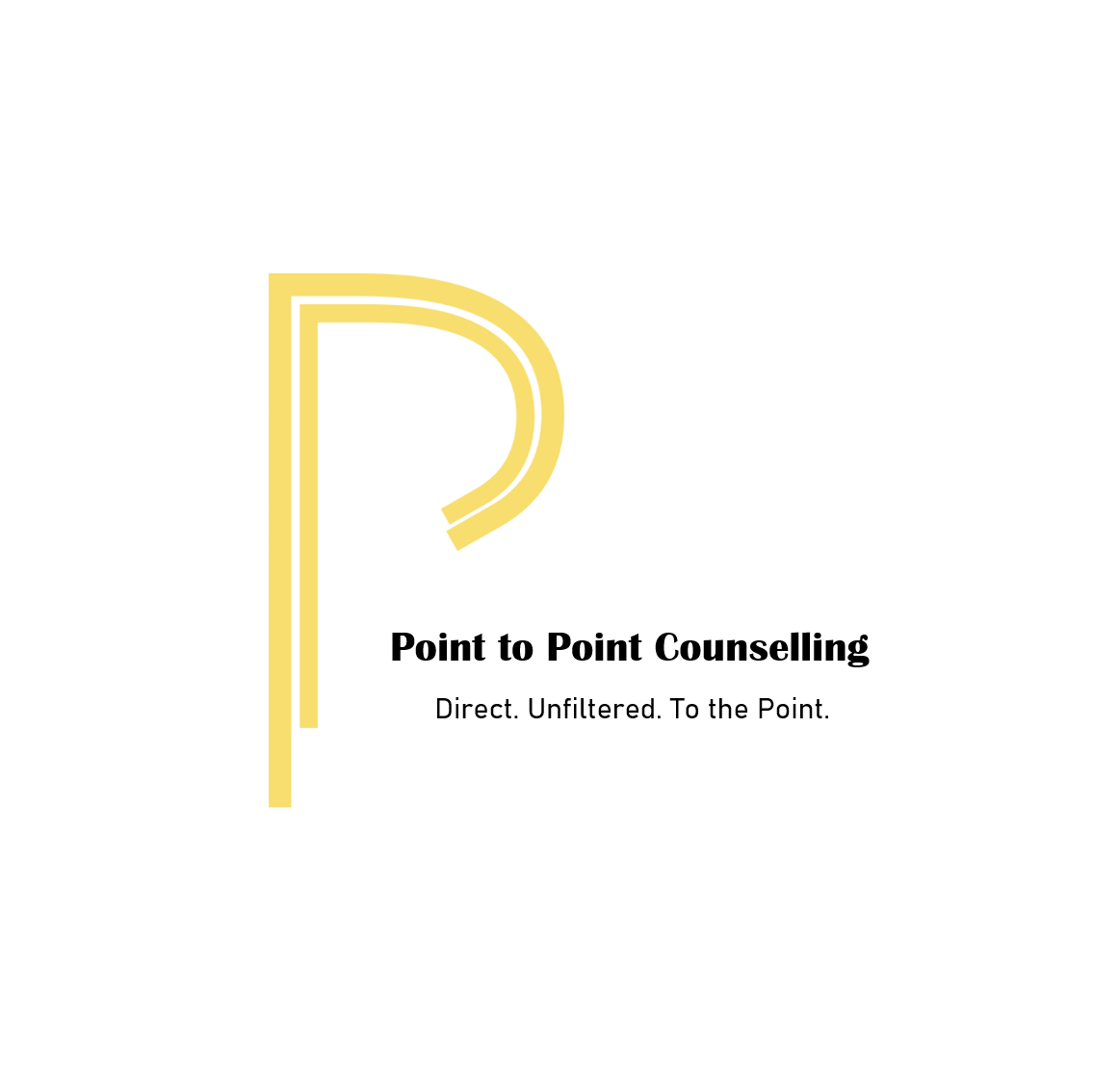12 Common Counselling Approaches
Although there are many more, here are twelve (12) of the most common approaches:
| Counselling Type | Key Points |
|---|---|
| Psychodynamic | Focused on how past experiences affect current problems Concerned with unconscious drives and conflicting aspects of personality Traditionally, the therapist takes the expert role |
| Interpersonal Counseling | Diagnosis focused Concerned with interpersonal relationships Therapist functions as a client’s ally |
| Client-Centered Therapy | Humanistic approach Focused on realizing human potential Supports client discovery Counselor is empathetic, nonjudgmental, and nondirective |
| Existential Therapy | Focused on what it means to be alive Non-symptom focused Clients guided in discovering unfulfilled needs and realizing potential |
| Cognitive-Behavioral Therapy | Focused on how both thoughts and behaviors affect outcomes Evidence-based, effective, and highly versatile |
| Mindfulness-Based Counseling | Focused on feelings and thoughts in the moment, without judgment Includes CBT with a Buddhist-based mindfulness component Highly versatile |
| Rational Emotive Therapy | Focused on how faulty thinking relates to distress Therapist is active and directive |
| Reality Therapy | Focused on the present day Non-symptom focused Promotes individual responsibility and taking control of one’s life Counselor is positive and nonjudgmental |
| Constructionist Therapy | Focused on how cultural influences and interpretations shape meanings Strong interest in language Client driven, counselor acts as collaborator |
| Systemic Therapy | Focused on how systems (e.g., school, work, family) affect underlying issues Therapist collaborates with people across and within systems |
| Narrative Therapy | Focused on the stories we tell ourselves about who we are Counselor works collaboratively to create alternate stories |
| Creative Therapy | Focused on the use of artistic expression as a cathartic release of positive feelings Highly versatile — music and various art mediums may be used |
H.S. Lonczak, Ph.D.
